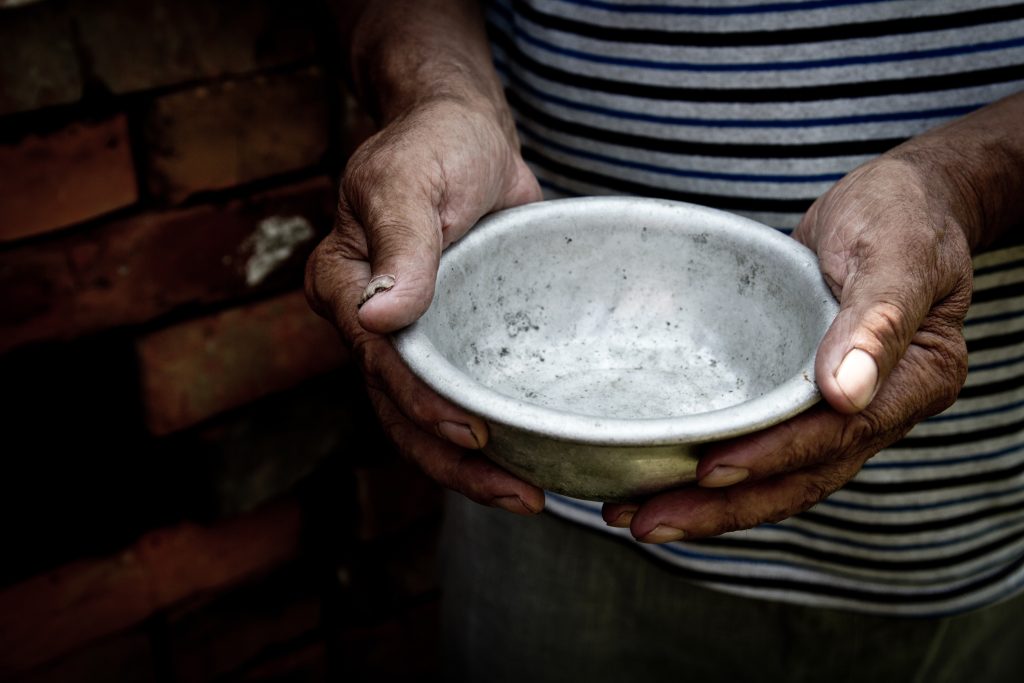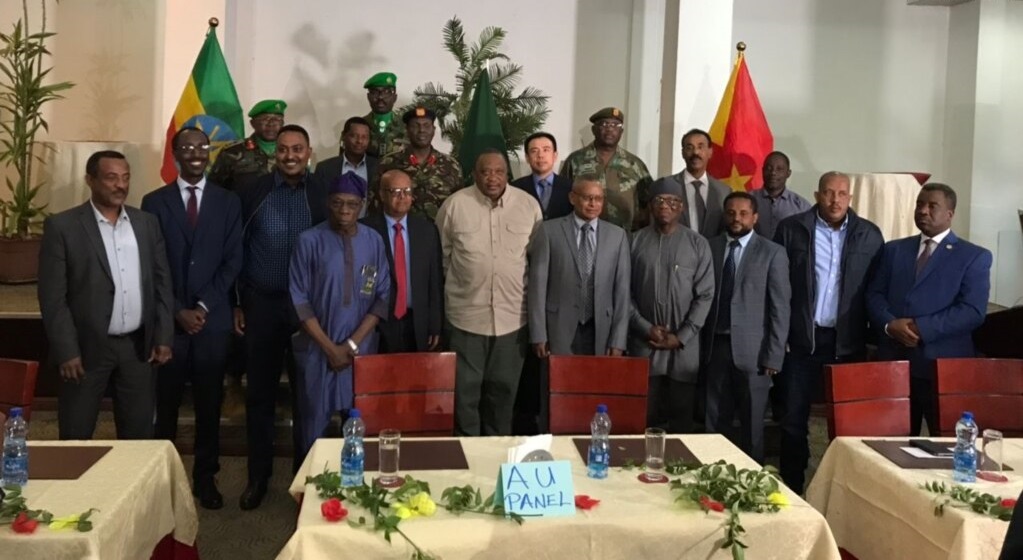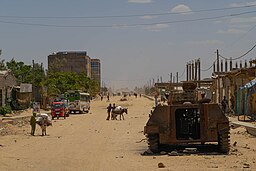There is one simple action that would transform humanitarian access and help provide civilian protection in Tigray. It would also be a crucial step to answering the polarizing question of whether there is a campaign of crimes against humanity underway—or whether that’s a propaganda claim and in fact things are getting back to normal.
Switch the internet back on. That would do four things at a single stroke.
First: the single greatest obstacle to humanitarian access to rural Tigray is lack of communication. Aid workers are afraid to travel because they don’t know where it is safe to go and how they might be received. They can’t know what is needed where, they can’t easily monitor the movements and safety of their staff or ensure that their aid is properly distributed.
All these problems can be hugely reduced if there’s regular communication. Every district headquarters in Tigray—there are more than 90—has internet access. Almost all is switched off. Some of the equipment has doubtless been stolen or damaged, but it’s simple to replace. Local government committees are functioning: they can compile needs and organize security for aid workers and their materials. The public authorities in different areas know each other and use the same systems, they can easily cooperate across the fluid front lines.
Second: internet and cellphone communication can play a vital role in preventing atrocities and protecting civilians. I have heard stories of how fleet-footed runners have alerted communities of military attacks so that people can themselves escape to safety, sometimes helped by cellphone calls to the last place on the road where reception can be had (which is very partial—but better than zero). There is a story, attested to by several sources, of how a phone call reporting that dozens of young men had been rounded up by the army alerted international aid workers, who were able to drive to the location, and stop what looked like becoming a massacre.
Third: this would allow millions of Tigrayans to communicate with their families and friends, elsewhere in Tigray, in Ethiopia, and around the world. That itself is humanitarian access: simply to allow people to talk to one another and check in on their wellbeing.
And fourth, the world can assess what the different sides are saying. Each has its accusations and denials, which are very hard to investigate. (Example: a Belgian university group that used to do agricultural research in Tigray has used its network of researchers on the ground to investigate reports of massacres; it has 150 such reports on its list. Verifying just one, in which nine people died, took just over 100 hours of work. This could be expedited—and any false claims quickly refuted.) Each accuses the other of propaganda. Let the world assess what is actually happening.
In response to international demands, PM Abiy has made several promises: that Eritrean troops will withdraw, that humanitarian agencies will access the needy, that allegations of human rights violations will be investigated. If the internet is back on, these can readily be monitored.
The only reason why the internet might be shut off would be if there is something that the authorities want to hide.
The former EPRDF government often shut down the internet whenever there were protests and crackdowns—to hinder people from organizing and to impede press coverage of what was happening. They were rightly condemned for this. Today it’s even worse. Not only is all access cut off, but humanitarian workers face huge obstacles in getting basic communications equipment such as two-way radios.
Let the Ethiopian Government demonstrate its good intention with one simple step. Switch Tigray’s internet back on.


